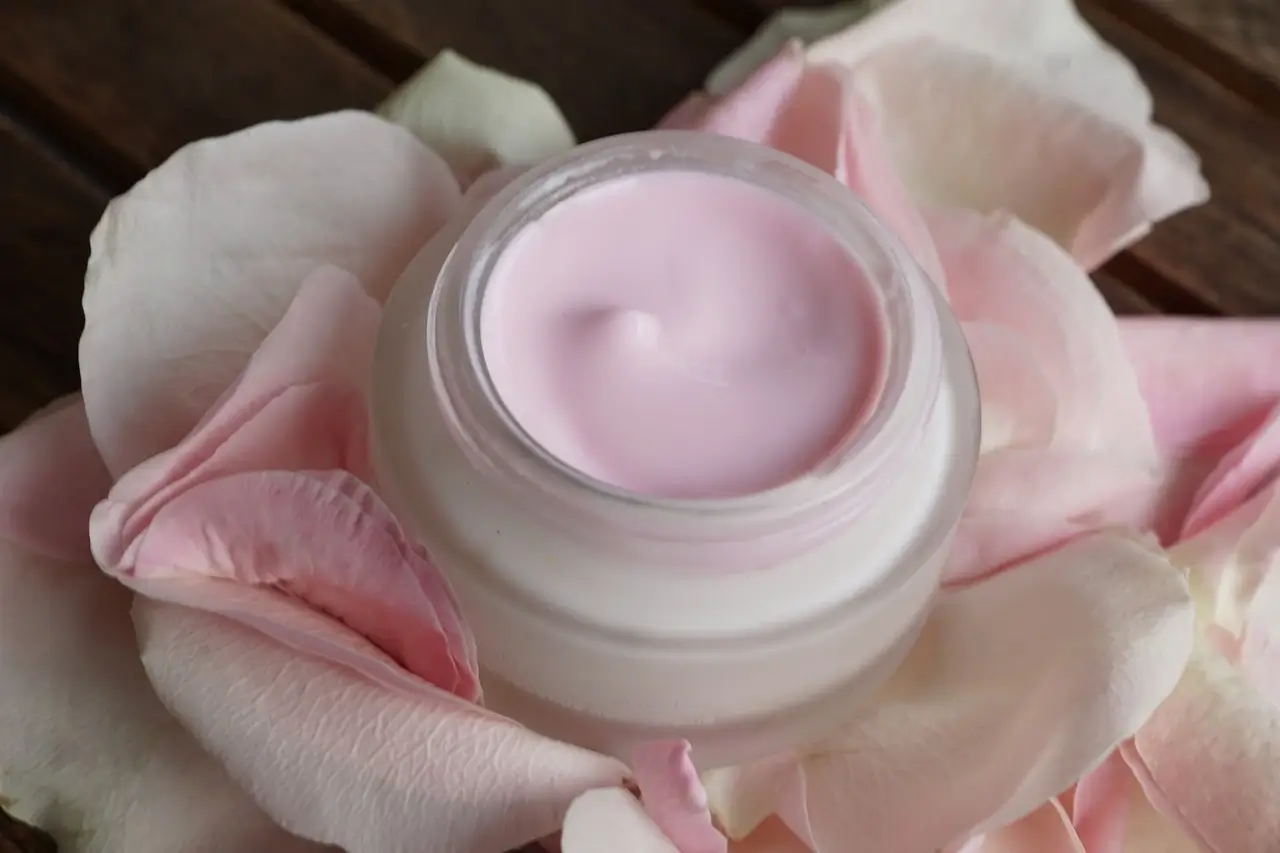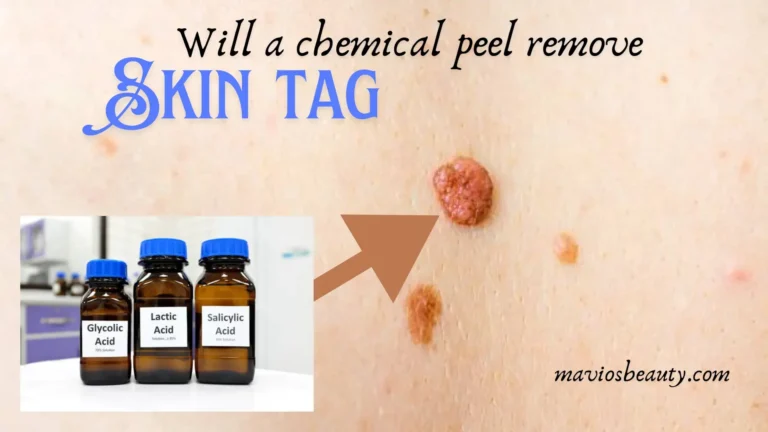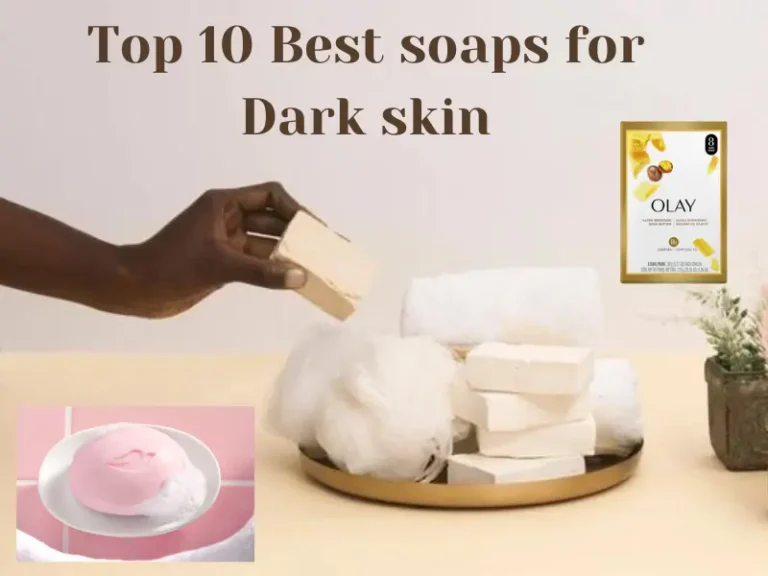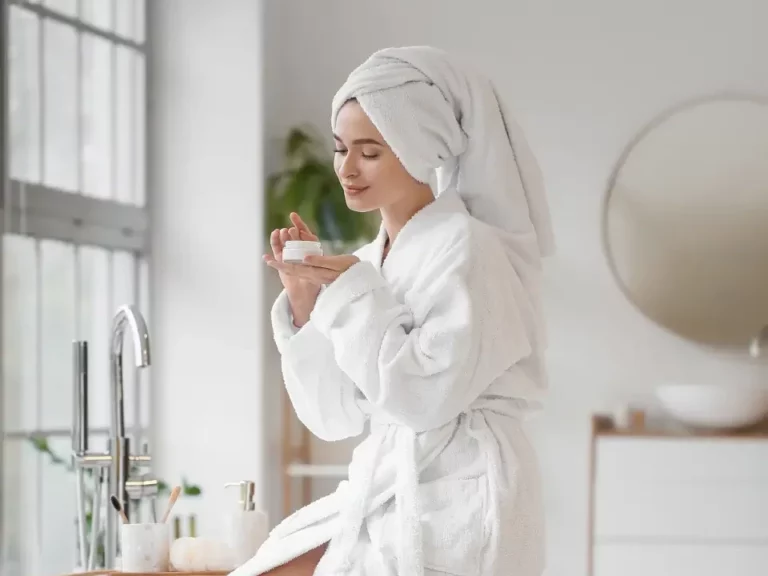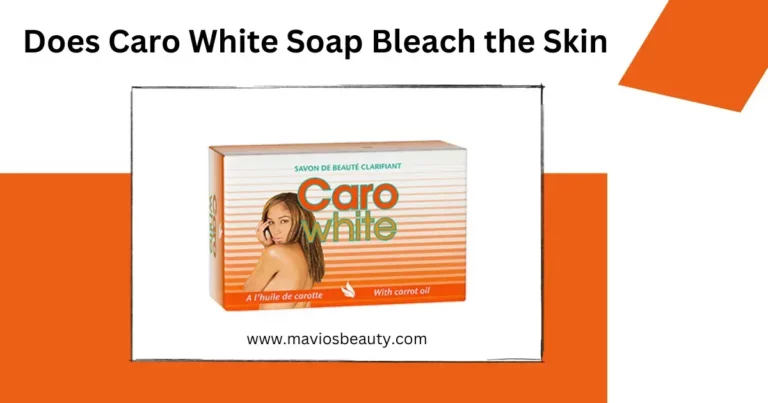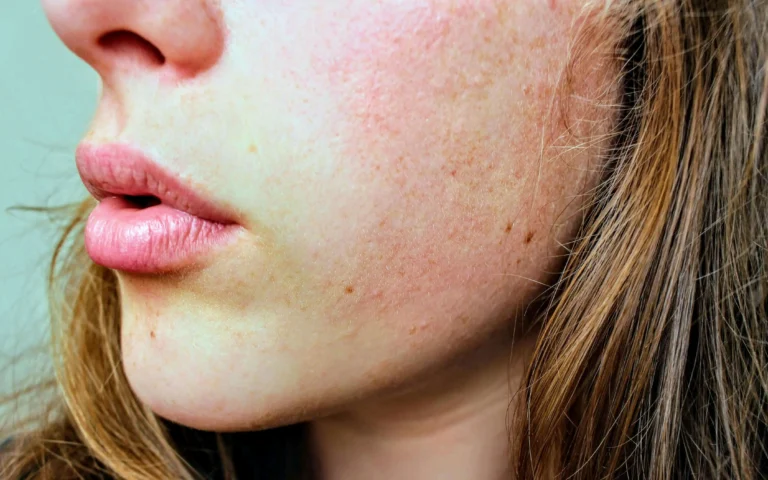Does Rejuvenating Cream Lighten Skin? Unveiling the Truth
In a world of evolving skincare products, the quest for youthful, radiant, and glowy skin has become a dream for many. And that has made rejuvenating creams gain significant attention. Rejuvenating cream promises to revitalize the skin, reduce signs of aging, and make your skin look Younger. However, the recurring question is: Does rejuvenating cream lighten skin?
We are in a society with an increasing quest for skin lightening among men and women; it is now natural in different parts of the world. This quest brought about numerous misconceptions about certain skincare products, of which Rejuvenating cream is part.
In this post, we will delve into understanding the primary purpose of Rejuvenating creams. Are they primarily designed as lightening creams, or do they go beyond skin pigmentation? Uncover the truth and distinguish facts from fiction.
Want to be informed about rejuvenating creams and skin lightening? Know the proper skincare to be added to your routine; let’s go!
Table of Contents
What does it mean to Lighten skin?
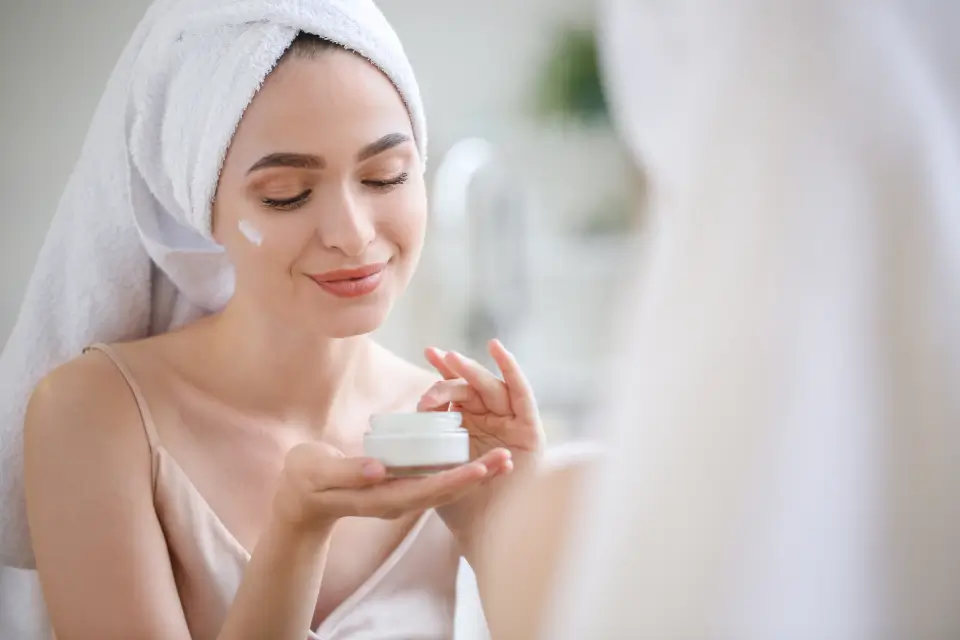
The word “skin lightening” is popular in skincare languages, but are there misconceptions? Let’s find out! Lightening skin refers to reducing the appearance of hyperpigmentation, dark spots, or uneven skin tone by using specific skincare products.
Lightning skin means making skin look brighter or lighter, not necessarily bleaching. Please take note of the words used. When you lighten your skin, you retain your skin color; the difference is that you will look brighter, more even, and radiant. Let go of the misconception.
Skin lightening can be done for several reasons: to address uneven skin tone, hyperpigmentation, a skin condition, signs of aging, or to achieve a desired aesthetic. However, it is essential to approach skin lightening cautiously under a skincare specialist to avoid endangering your skin.
You may also like to read: Is Coconut Oil Good for Crepey Skin?
Standard Methods of Skin Lightening
Skin lightening can be achieved through several methods, including;
- Use of Topical Skin Lightening Products: These are the most common lightening methods. Skin-lightening products are creams (containing alpha hydroxy acids), vitamin C, niacinamide, and retinoids. Using these products tropically on the skin can inhibit melanin production, enhancing skin lightening.
- Chemical Peels: Chemical peels are another standard method of skin lightening that involves the application of chemical solutions on the skin to exfoliate the top layer, revealing a new, lighter layer. Chemical peels can be of different types and effectiveness, and the usage depends on your skin type and depth of exfoliation. The known types of chemical peels are alpha hydroxy acids (AHAs) peels, beta hydroxy acids (BHAs) peels, and trichloroacetic acid (TCA) peels.
- Use preventive Sunscreen: Sunscreen is a preventive measure to achieve lighter skin: wear sunscreen regularly. It is a crucial preventive measure that helps prevent the skin from further harsh UV rays from the sun that cause hyperpigmentation. Sunscreen will create a protective layer on the skin to block UV rays entrance and prevent existing dark spots from worsening.
- Laser Therapy: Laser treatment is a medical procedure that involves using a solid beam of light, such as fractional laser or intense pulsed light (IPL), to target specific pigmented areas and reduce excess melanin, leading to a more even skin tone and brighter skin.
- Microdermabrasion: Microdermabrasion is a cosmetic, non-invasive procedure that uses fine crystals and a vacuum to get rid of dead skin cells, debris, and impurities. Microdermabrasion is a safe method trusted by dermatologists for effective exfoliation. This procedure improves the skin’s appearance, making it smoother, with a brighter skin tone and more radiance. The process is less aggressive than chemical peel.
- Natural Remedies: Natural remedy is another standard method of lightening the skin; it involves using natural lightening ingredients like aloe vera, turmeric, lemon juice, honey, coffee, and yogurt. These natural ingredients are applied topically on the skin, but the result might take a while. They are also less effective than the safe clinical methods. Learn how to use natural remedies for skin lightening.
Please note that these methods’ results can vary from individual to individual depending on skin types and skin concerns. Also, the methods should be cautiously approached as some can carry risks, skin irritations, and sensitivities. Always consult with a dermatologist for proper and practical guidance.
What is a Rejuvenating Cream?
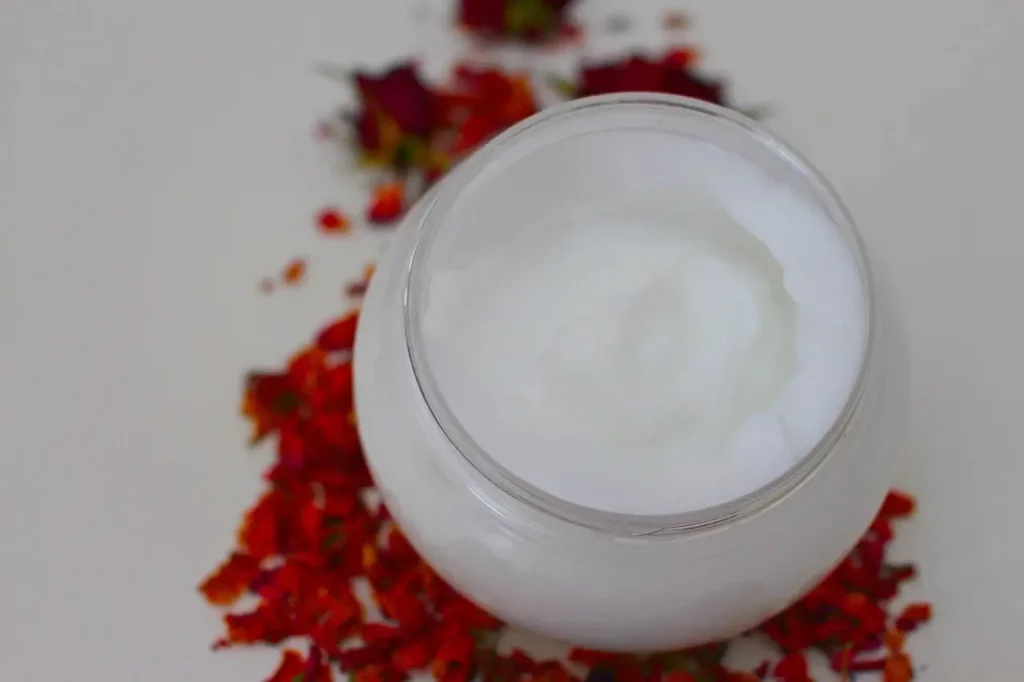
As it implies, a rejuvenating cream is a skincare product designed to give the skin new energy or revitalize it. Rejuvenation is evident in the overall health and appearance of the skin. A rejuvenating cream contains ingredients that target signs of aging and environmental damage.
A rejuvenating cream promotes skin renewal, hydration, nourishment, and a youthful glow. Rejuvenating creams are characterized by
- Anti-aging benefits: Anti-aging benefits are the primary purpose of rejuvenating cream. It works tirelessly to combat fine lines, wrinkles, loss of firmness, discoloration, uneven skin tone, etc. While combating aging signs, it improves the skin’s general health and maintains and restores its appearance. A characteristic rejuvenating cream must possess these qualities.
- Proper Hydration: Hydration is the process of retaining water or moisture on the skin. When skin is hydrated, it looks refreshed, plump and youthful. Another crucial characteristic of rejuvenating cream is proper hydration. When the skin is adequately hydrated, it sets a protective layer against dull skin, skin congestion, wrinkles, and fine lines, enabling smoother skin.
- Anti-oxidants: Anti-oxidants fight environmental oxidation in living organisms; oxidants occur naturally, giving the need for anti-oxidants. Rejuvenating creams mainly contains anti-oxidants, like vitamin C and E, to protect the skin against damage while revitalizing it.
- Collagen-stimulating benefits: Some rejuvenating creams may contain active ingredients that stimulate collagen production, improving skin elasticity and firmness, in other words, promoting a youthful complexion.
- Targeted Formulas: Rejuvenating creams are mainly made for specific areas, targeting the face, neck, eye area, or hands, addressing particular skin concerns. By targeting specific areas, it makes it more effective.
Read Also: AM and PM Skincare Routine
Does Rejuvenating Cream Lighten Skin?
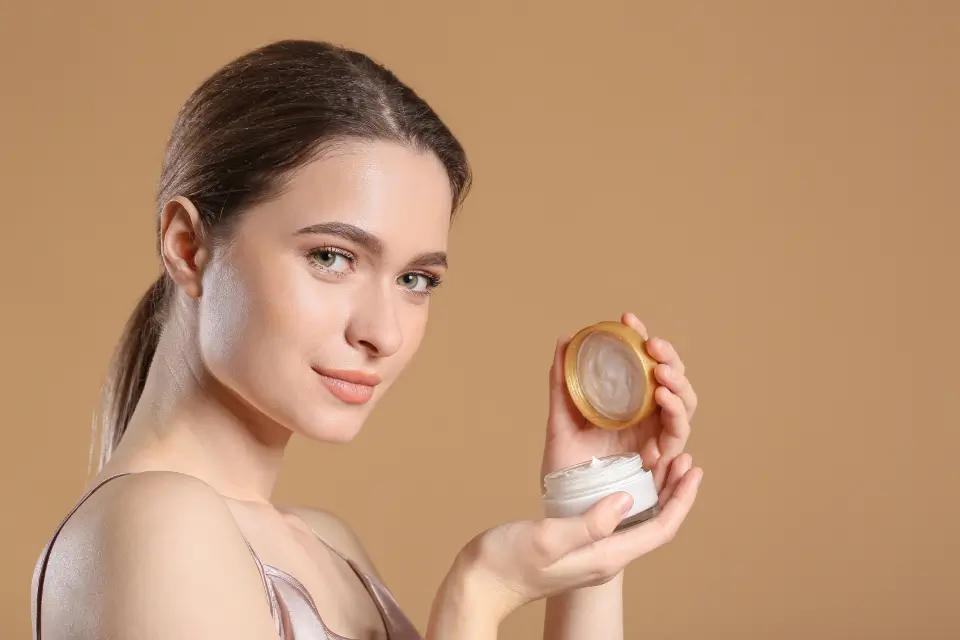
We have successfully understood what skin-lightening and rejuvenating creams mean individually, so we are coming to answer the most recurring question. Yes, rejuvenating cream lightens the skin, but is not primarily formulated for skin lightening.
Because rejuvenating cream contains some active ingredients that revitalize the skin and combat signs of aging, such as uneven tone, these may contribute to brighter and lighter skin.
Primarily, rejuvenating cream is formulated to address signs of aging and improve general skin health and appearance. Skin-lightening products are designed to lighten the skin by reducing pigmentation, dark spots, and uneven skin tone.
Rejuvenating creams may benefit the skin by improving the skin tone and pigmentation, but that could only be secondary. So, to lighten your skin, seek products primarily designed for skin lightening and consult a dermatologist for professional advice.
Conclusion
Because of cultural and societal differences, many people seek to lighten their skin. Skin lightening doesn’t affect the skin adversely, but only when done correctly. The exploration into the question “Does Rejuvenating Cream Lighten Skin?” has thrown more light on being able to distinguish facts from fiction.
Rejuvenating creams work tirelessly to restore the skin’s vitality and enhance youthful glow by combating visible signs of aging. Although some rejuvenating creams may contain ingredients contributing to a lighter and brighter complexion, their primary purpose is not skin lightening.
However, skin lightening is the process of lightening and brightening skin using specific products designed for it. In the evolving era of skincare, embracing the differences between rejuvenation and skin lightening is essential to help you make an informed decision on skincare choices.
Consulting with a dermatologist, skincare specialist, and estheticians will help you tailor your skincare needs to unique skin types and goals through professional guidance. How did you lighten your skin effectively? Please share your thoughts in the comment section. Let’s always remember the importance of glowing right with proper skincare.
Glow right!

